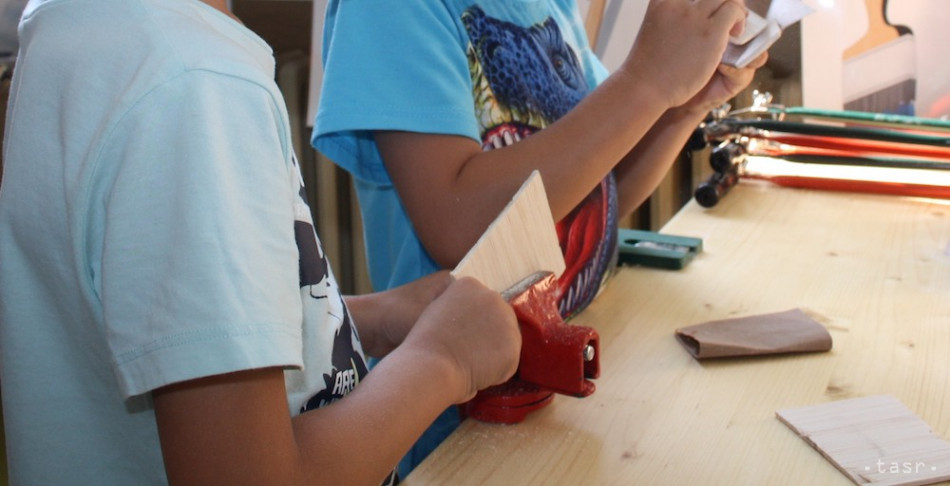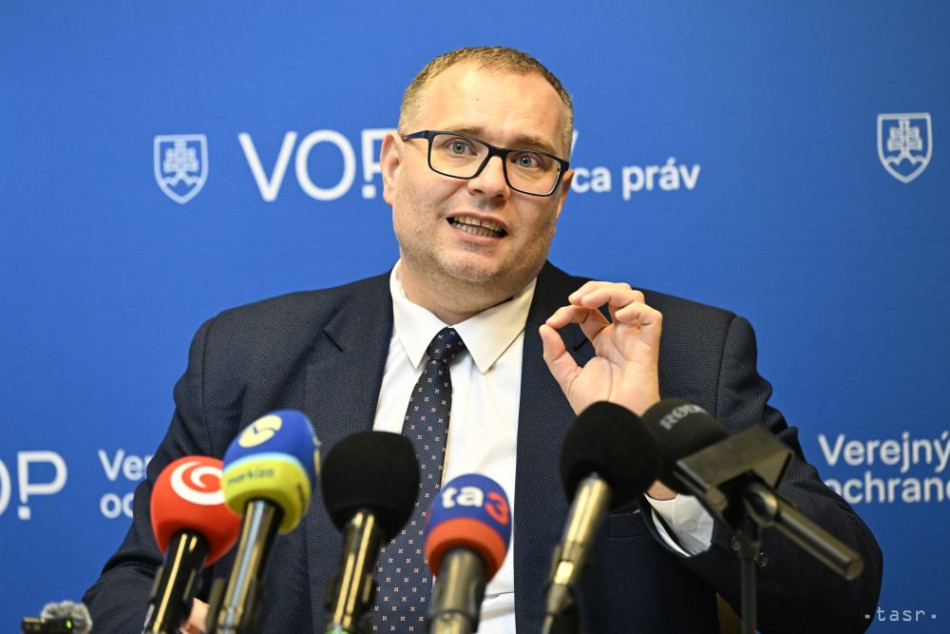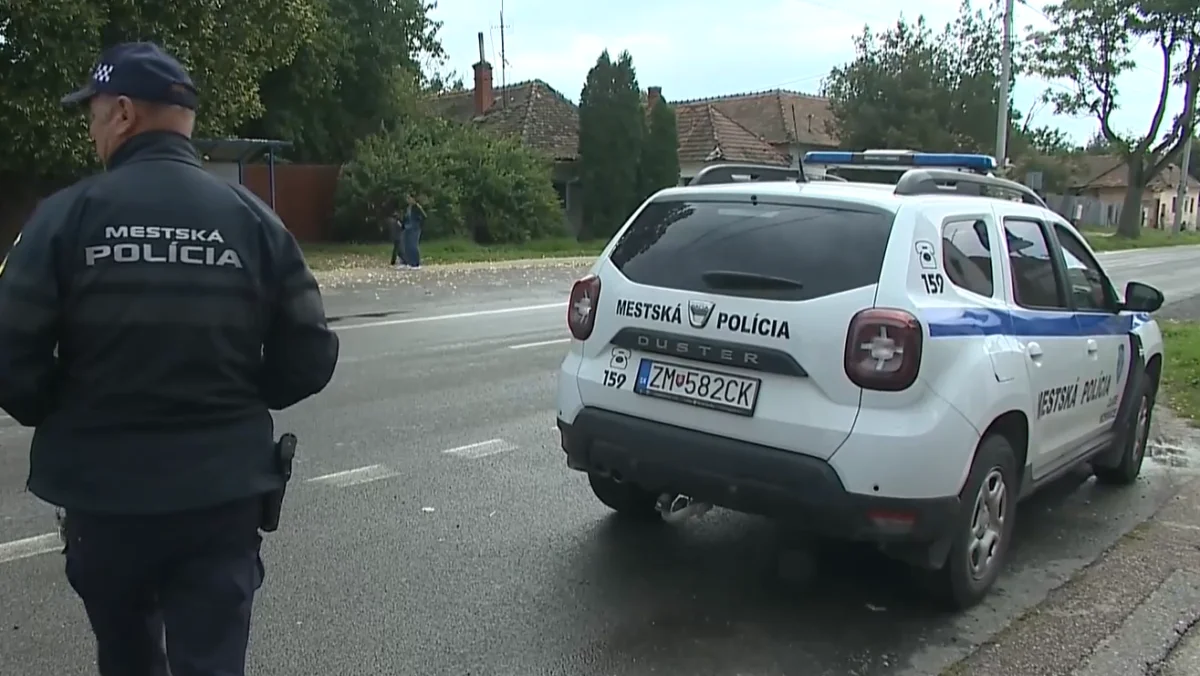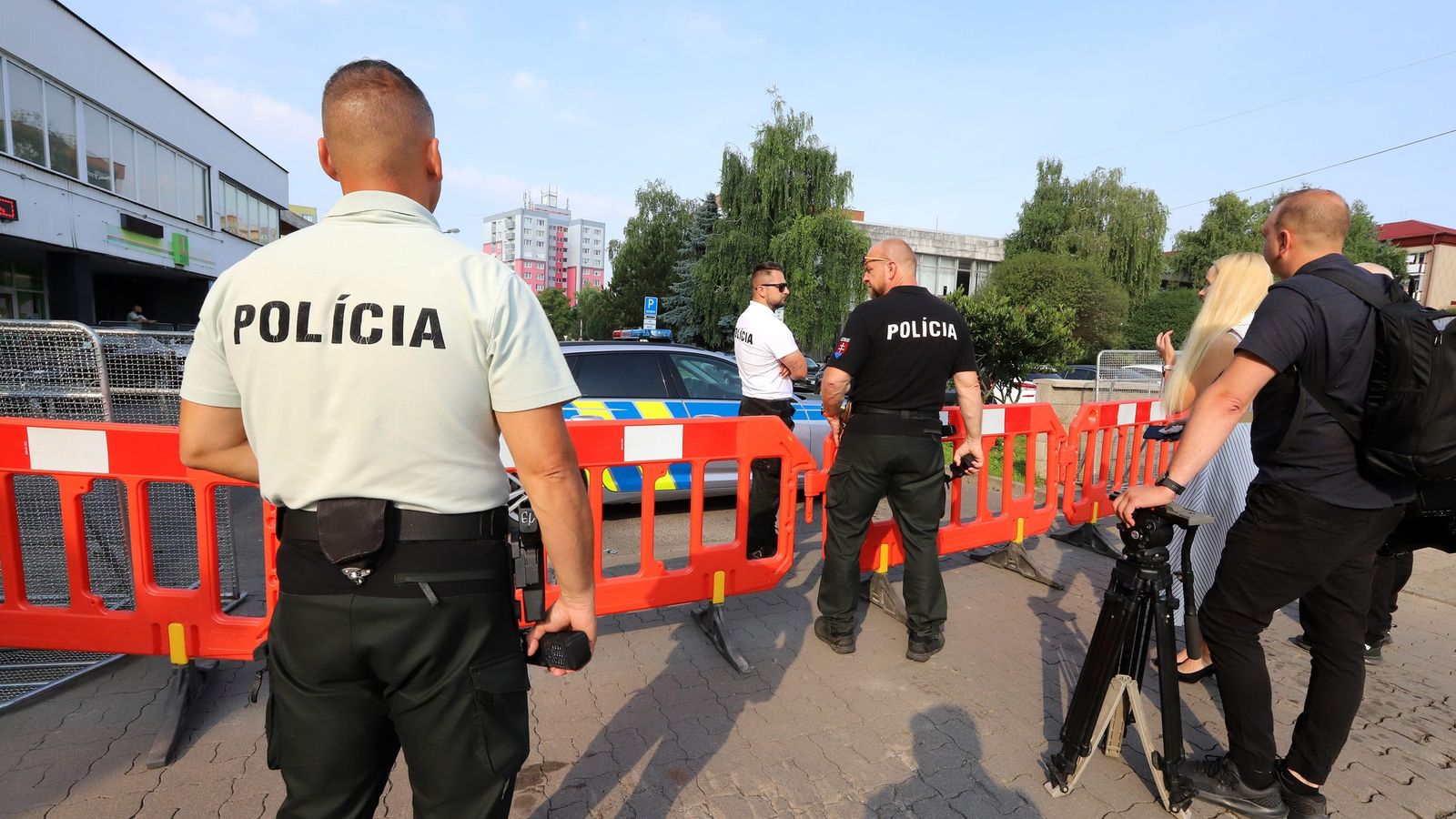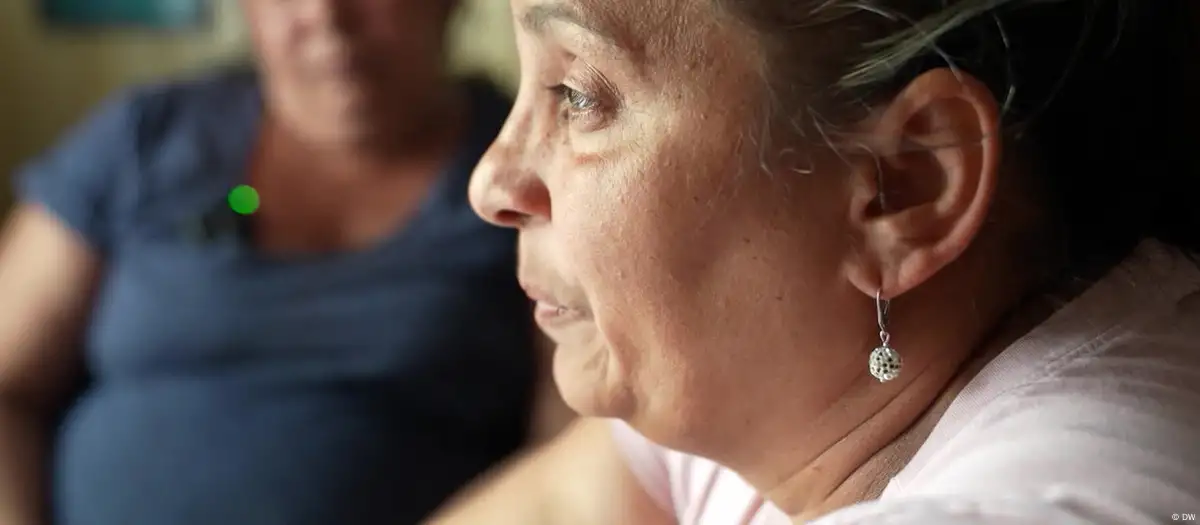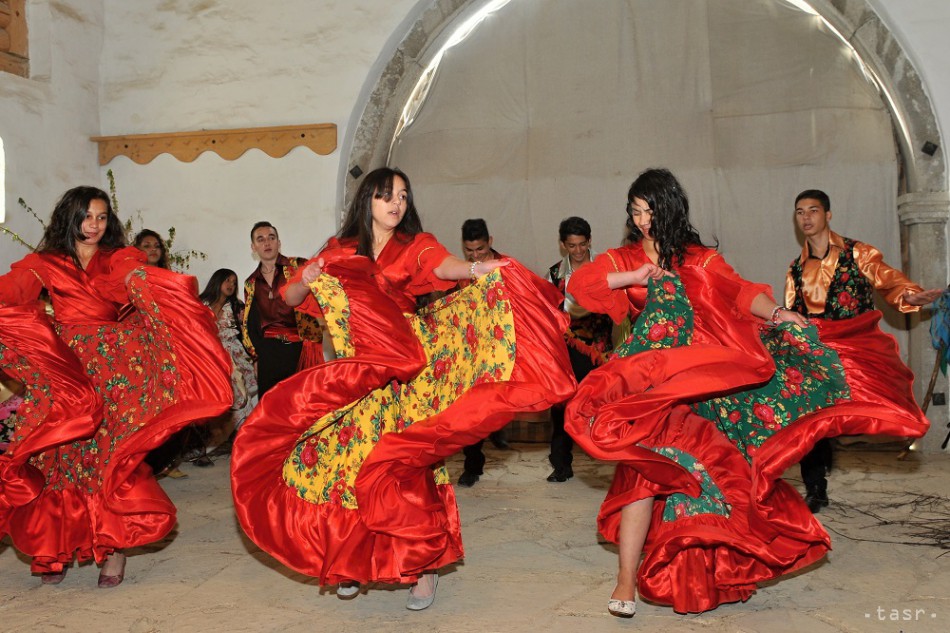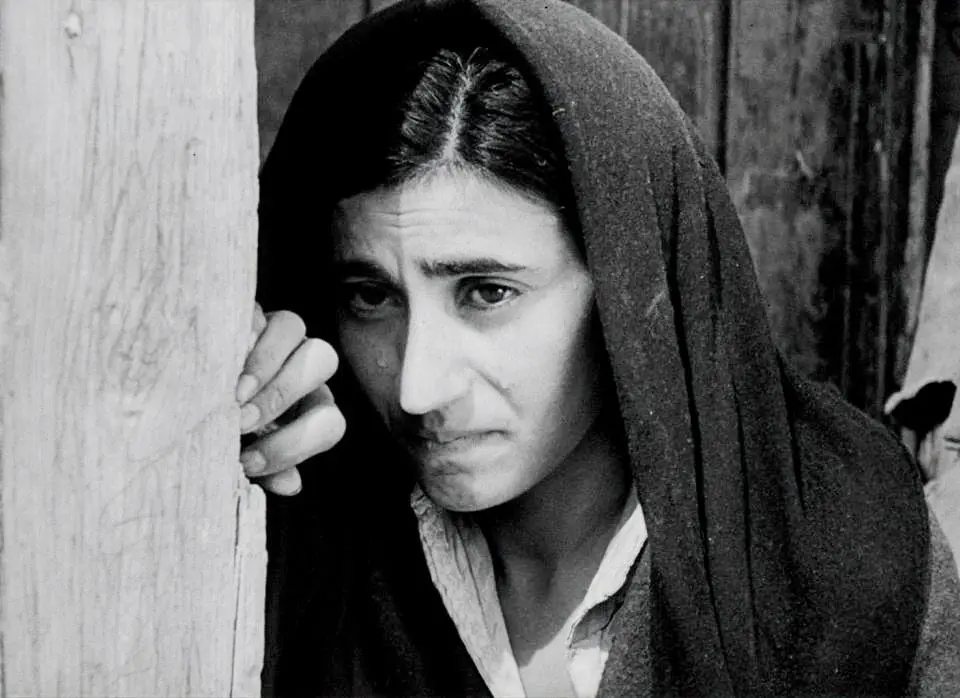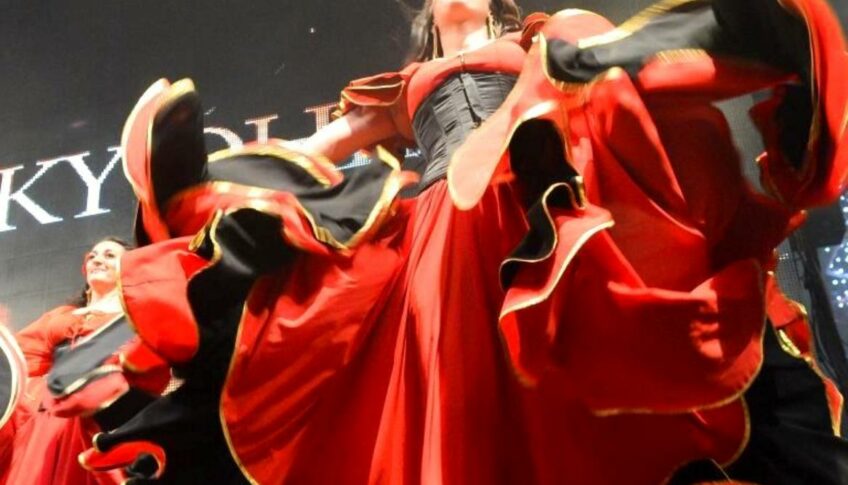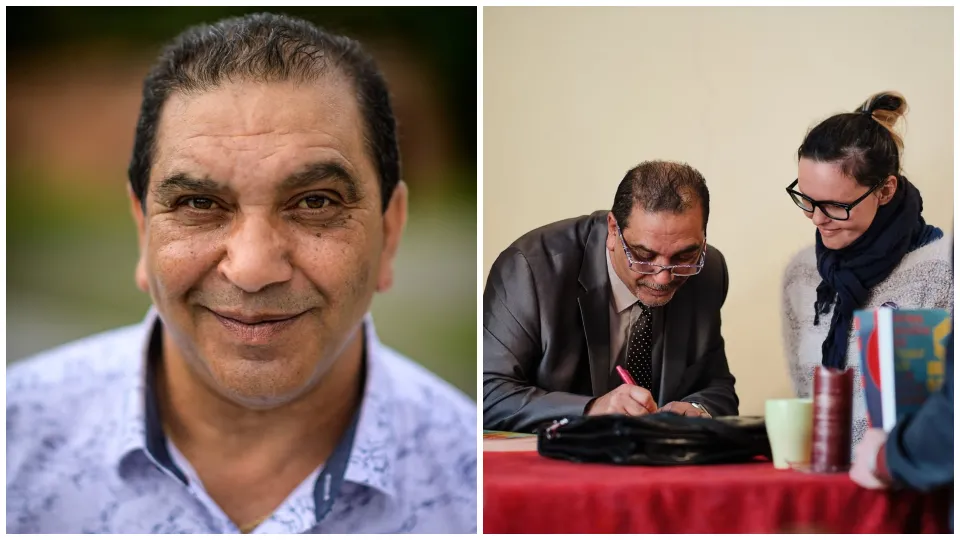The European Court of Human Rights (ECHR) has allowed the Public Defender of Rights (VOP) Róbert Dobrovodský, as a third party, to enter the proceedings in the case of Miko and Jano v. Slovakia. This case concerns a police intervention in the village of Milhosť in 2023, in which, according to the findings of the Office of the Public Defender of Rights, serious violations of fundamental rights and freedoms, including the rights of minors, occurred.
On March 28, 2025, Róbert Dobrovodský, Public Defender of Rights, submitted an extraordinary report to the National Council of the Slovak Republic. In it, he revealed facts that indicate a violation of fundamental rights and freedoms by the actions of the Police Force.
“The case of the death of a person after the intervention of the Košice police, which shook Slovakia at the end of 2024, violence during interrogation, the case of a beaten homeless person in front of a department store, an unprovoked slap on a handcuffed person, an official intervention against Roma from Milhoste, the detention of a person with broken heels in an illegal reserved area for more than three days, the violation of the rights of a person held by the Bratislava police without proper registration for more than 12 hours, or the official intervention in March 2023 in the Police Detention Unit for Foreigners in Sečovce against foreigners,” Dobrovodský warned at the time.
